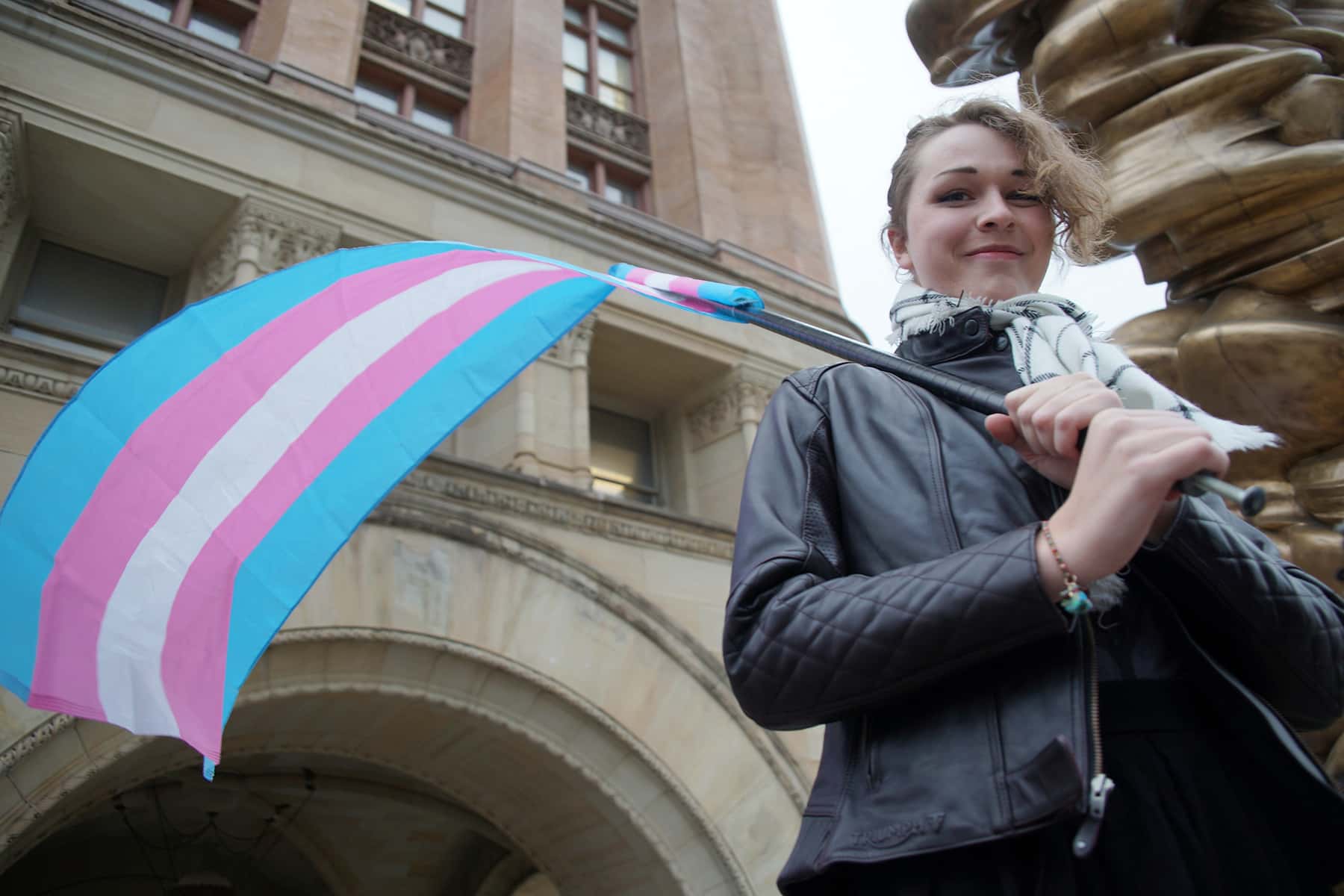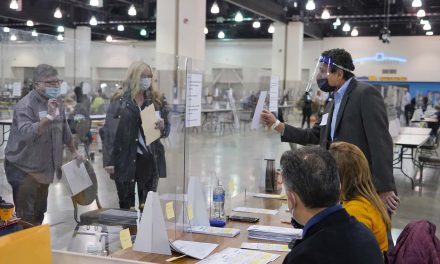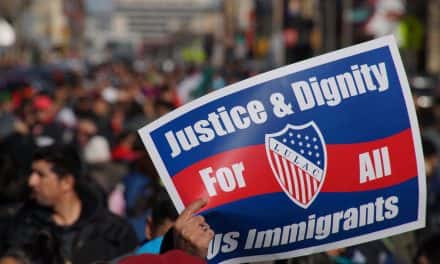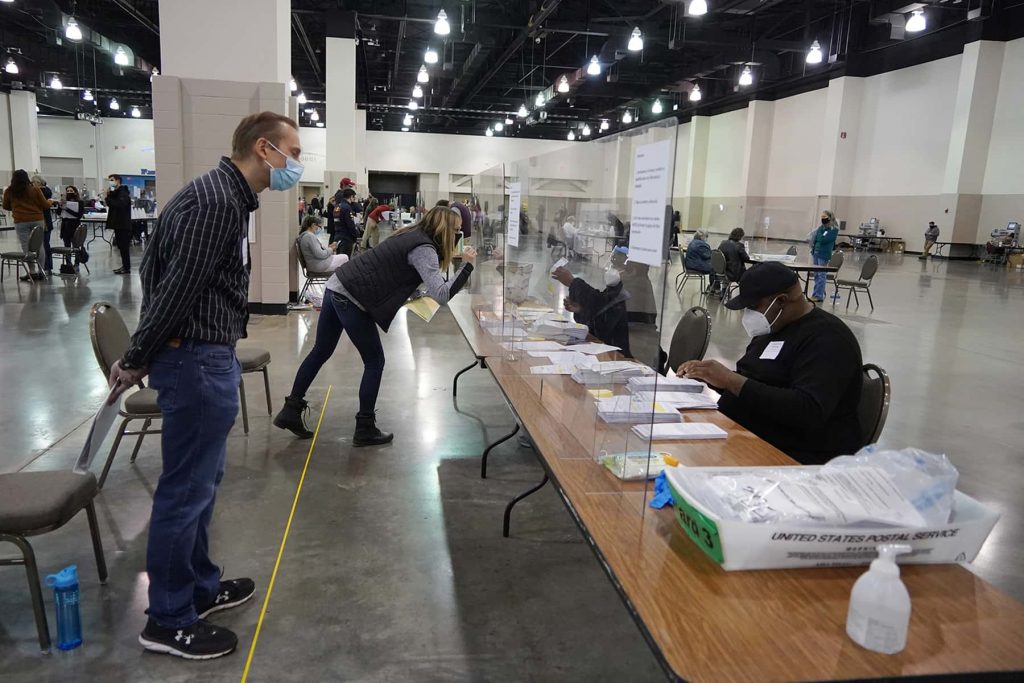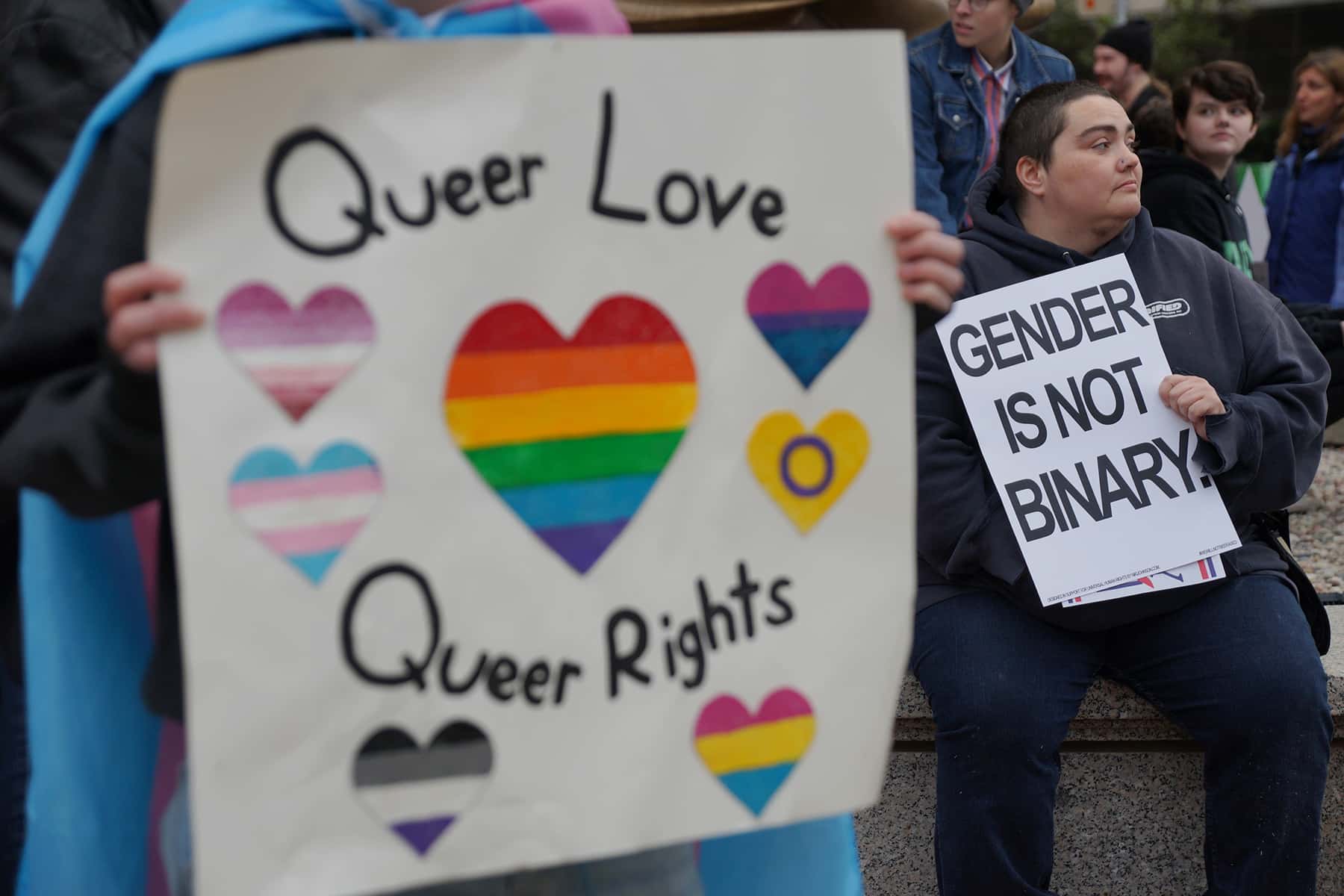
The month of November raises awareness about the transgender community and continues to bring to light what the government, healthcare, and workplace policies are that still need to be created and amended to protect this vulnerable community.
There is an estimated 60,000 transgender and gender-nonconforming individuals living in Wisconsin, and these individuals experience discrimination and inequality at alarming rates.
Transgender is the term used to describe those individuals whose gender identity or gender expression differs from what is typically associated with the sex they were biologically assigned at birth. Transgender is the umbrella term used, while people under that umbrella may choose to describe themselves using a range of terms, such as transsexual or non-binary.
Transgender Awareness Month is a time for transgender people and their allies to take action and bring attention to the community by educating the public and advancing advocacy around the issues of prejudice, discrimination, and violence that transgender people face.
There has been at least 22 transgender people fatally shot or killed by other violent means in 2018 so far. Roughly 20% have reported violence against them by family members. About half of trans-identifying individuals get harassed in the workplace and over 25% have lost their jobs due to gender identity.
“The U.S. Supreme Court’s decision in Obergefell v. Hodges establishing marriage equality for same-sex couples marked a major shift in recognizing gay, lesbian, and bisexual people as a central part of the fabric of American society,” wrote Kevin M. Barry in his article A Bare Desire to Harm: Transgender People and the Equal Protection Clause. “Obergefell also marks the passing of the torch from “LGB” to “T.” The next civil rights frontier belongs to transgender people, for whom key barriers still remain.”
It is also important to note that being transgender is not dependent upon transitioning or medical procedures. Many transgender people do seek to bring their bodies into alignment with their gender identity, through the transition process, but not all transgender people decide to take that step.
“Transgender Awareness Month is important because we, as a society, need to revisit the events that have occurred in history and present-day regarding the transgender community,” said Yolanda Robles, founder of CulturaLink. “Through this awareness we gain a better understanding about the transgender community and learn what steps must be taken to better our workplaces and the nation.”
November 20 also marks Transgender Day of Remembrance (TDOR), which is observed annually to honor the memory of transgender men and women who lost their lives due to anti-transgender violence.

